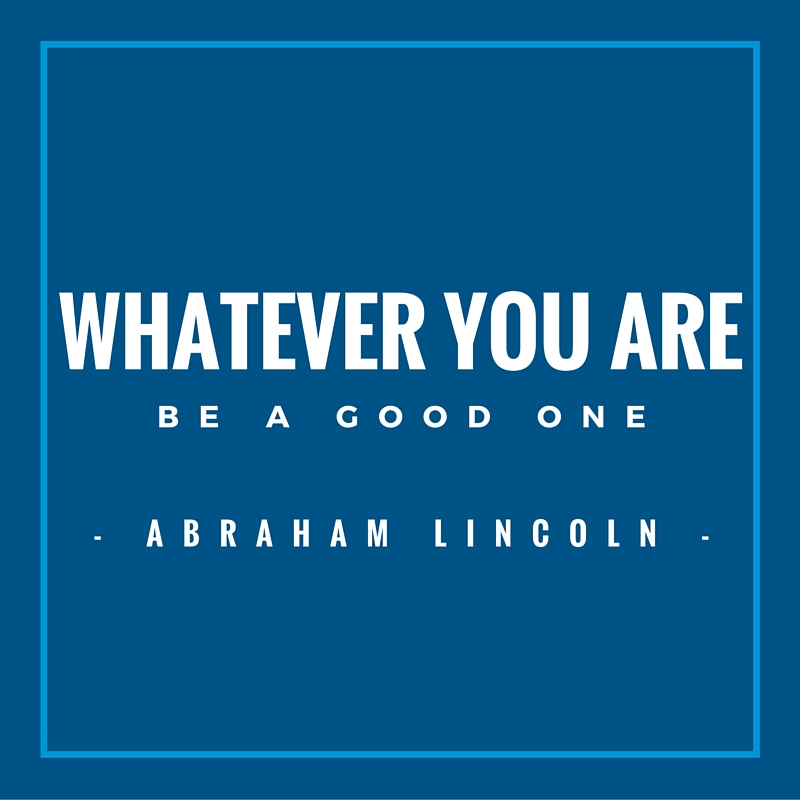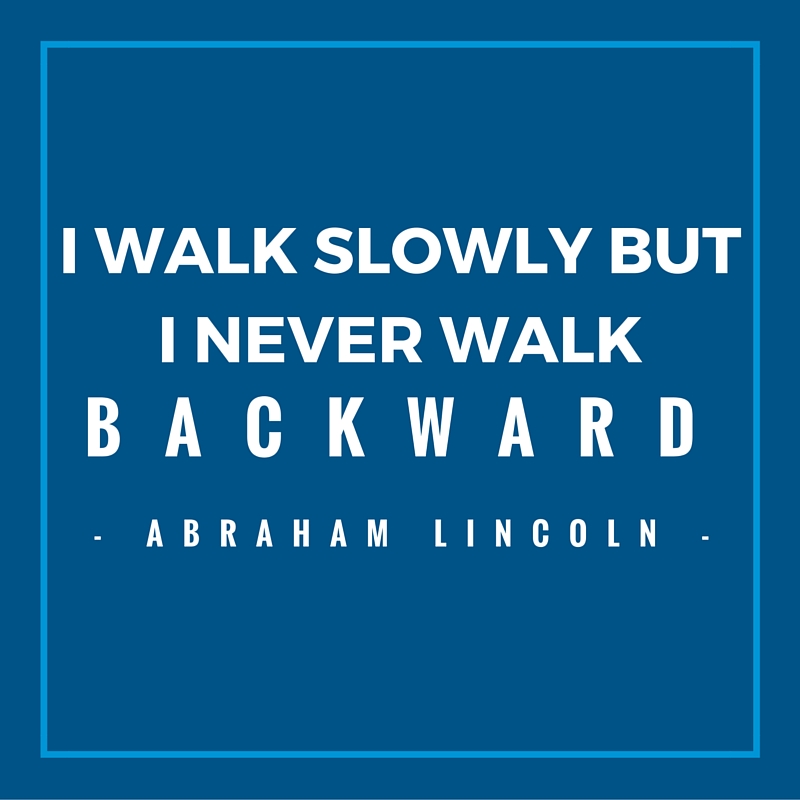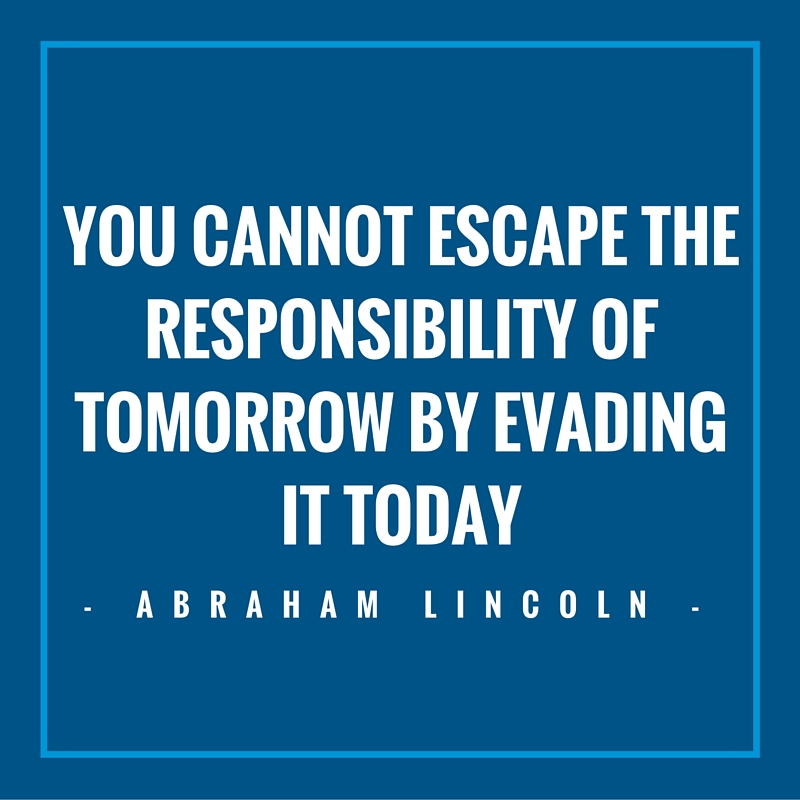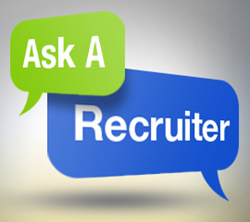 It’s hard to believe the year is already ending! We’ve had a lot of fun providing you with job search and workplace tips. In fact, this year, we’ve posted 150 articles on Movin’ On Up!
It’s hard to believe the year is already ending! We’ve had a lot of fun providing you with job search and workplace tips. In fact, this year, we’ve posted 150 articles on Movin’ On Up!
To help celebrate the year, here’s a look at the top 10 posts of 2016:
- 3 Things That Could Hold Your Career Back
At some point in time, you may feel stuck in your career or job search, and you’re not alone. While many experience this in their professional lives, knowing what’s holding your career back is key to helping you move forward on your desired career path. - Quick Tips for Getting Through the First 90 Days at Work
You rocked your interview and landed the job! Now what? The first 90 days of work are important for any new employee. It’s during this time that you shape important first impressions, build relationships, and establish a rhythm for your new role. - 4 Degrees That Will Get You Noticed
Forbes released a list of academic degrees that revealed which college majors will get you noticed by employers based on a study by the National Association of Colleges and Employers (NACE).We’ve taken the top four degrees from that list to help you understand what’s most sought after by employers. - 30 Power Words to Power Up Your Resume and Boost Your Job Search
Does your resume have the punch it needs to help you stand out? Is your cover letter well-written and convincing? Are you conveying professionalism in the e-mails you write to recruiters or hiring managers? - Outperform With These 5 Resume Tips
Everyone knows that your resume is an important part of landing an interview, and ultimately, a job. But, with so many qualified candidates going after the same jobs, how do you stand out? Take a look at these five resume tips to help you outperform the competition. - Who Is Hiring Non-College Grads
Are you thinking about getting a higher education? Or, are you considering skipping college and heading straight for the workforce? Before you make this important decision, check out the results of a recent survey from Express Employment Professionals. - 5 Ways to Define Your Ideal Workplace
Whether you’re just getting started in the professional world or looking for a career transition, it’s important to know what you want in a job and consider most important. A key piece of that is being able to define your ideal workplace. - 5 Tips for Gold Medal Job Performance
Athletes from around the world competed for a spot on the winners’ podium this year. While winning is quite the accomplishment in itself, we all know the true goal each athlete strives for is bringing home a gold medal. Similarly, as a job seeker or even as a new employee, you should strive for more in your professional life. - Give Your Career a Makeover
There may be times in your professional life that you become frustrated and feel like you aren’t quite getting where you’d like to be. If you ever reach that point, it may be time to give your career a makeover. - Tips for Surviving Today’s Changing Workforce
Today’s workforce is in the middle of a transformation that is altering the way employees, new and old, work on a daily basis. With technological advances, a shift in the overall age and work style of employees, and more, it can be tough to discern how to effectively manage one’s career and be an effective employee.
What articles did you enjoy this year? Share your favorites in the comments section below!
Movin’ On Up is brought to you by Express Employment Professionals.






